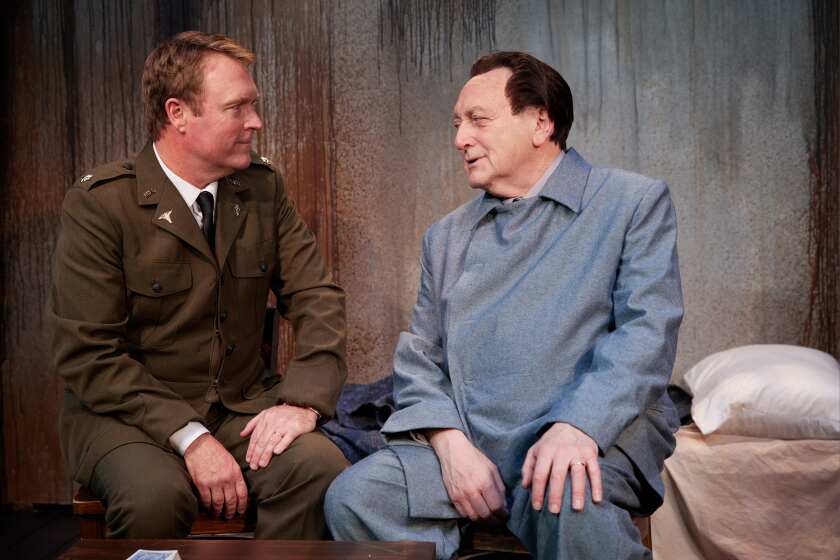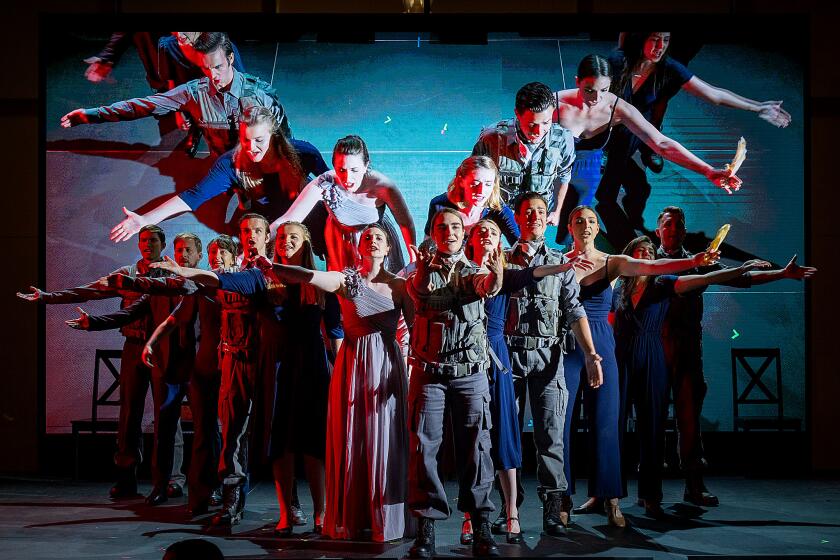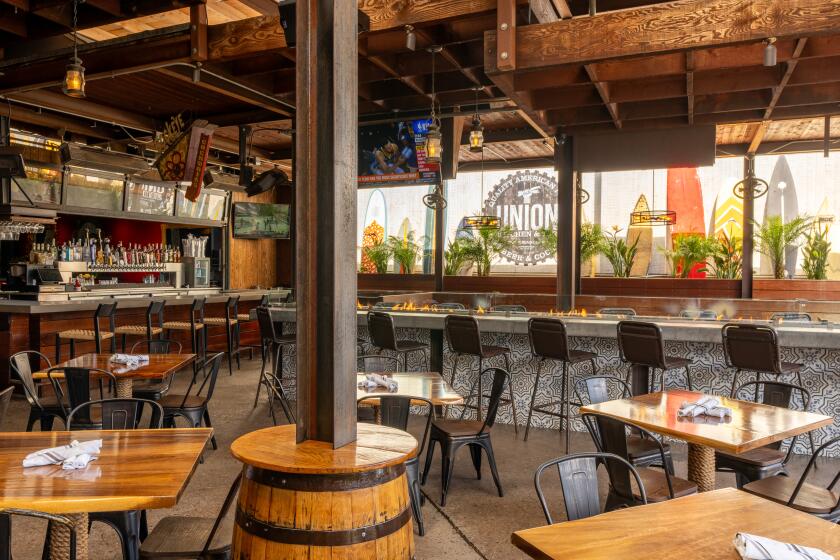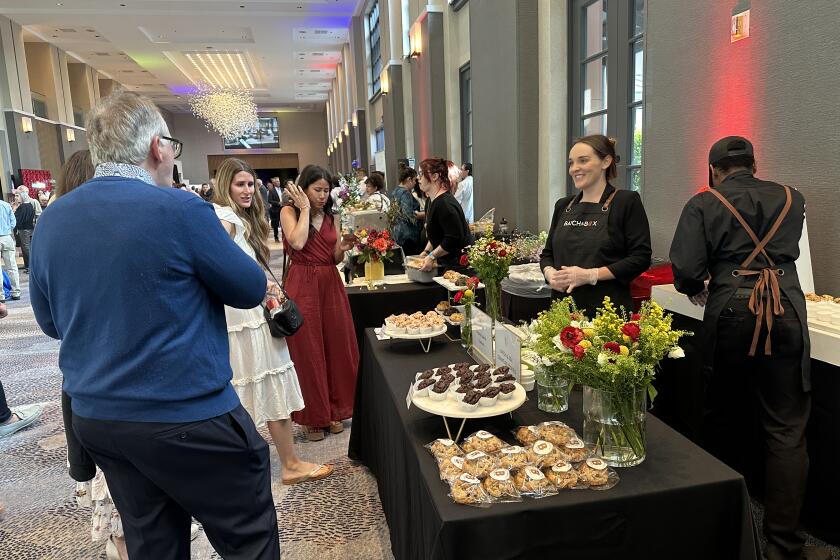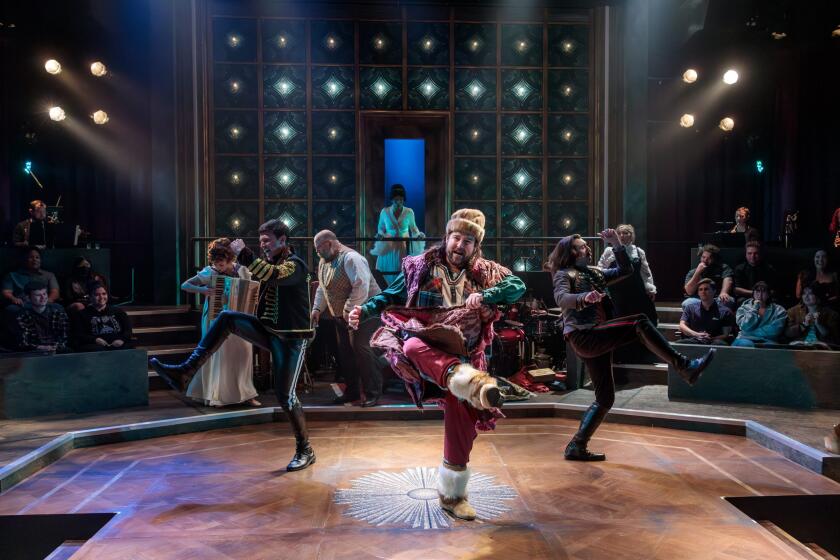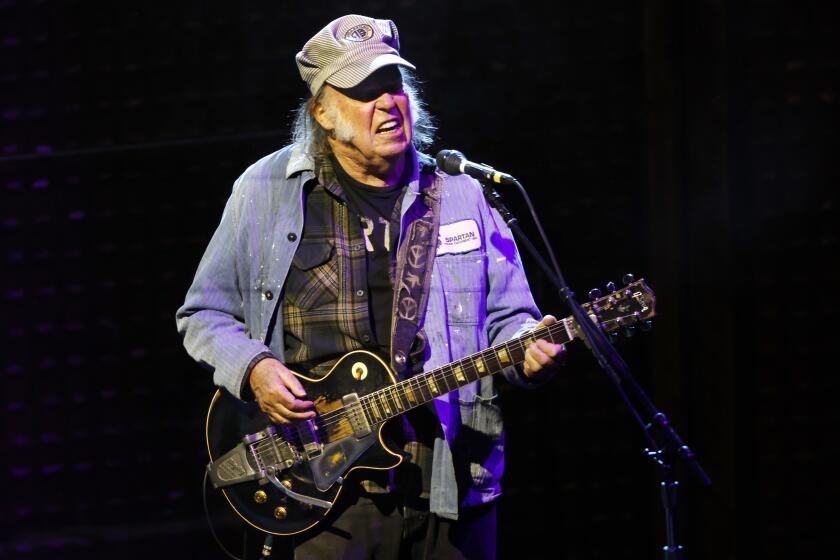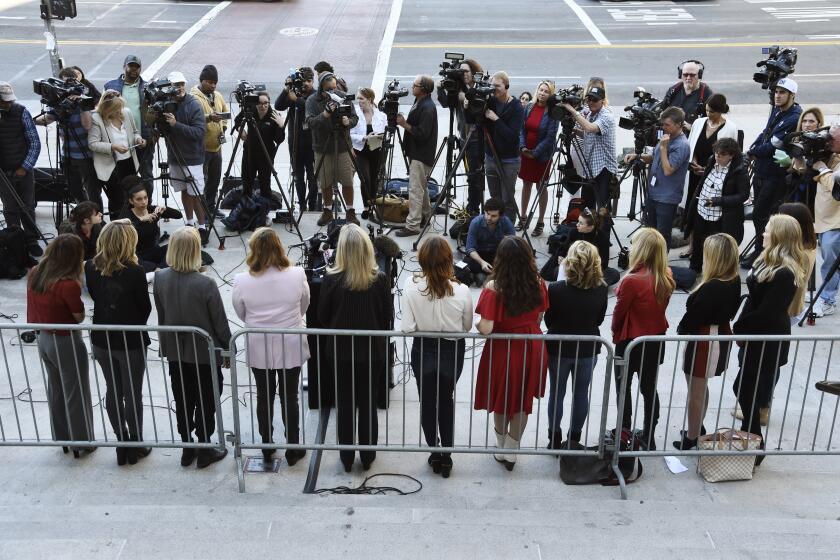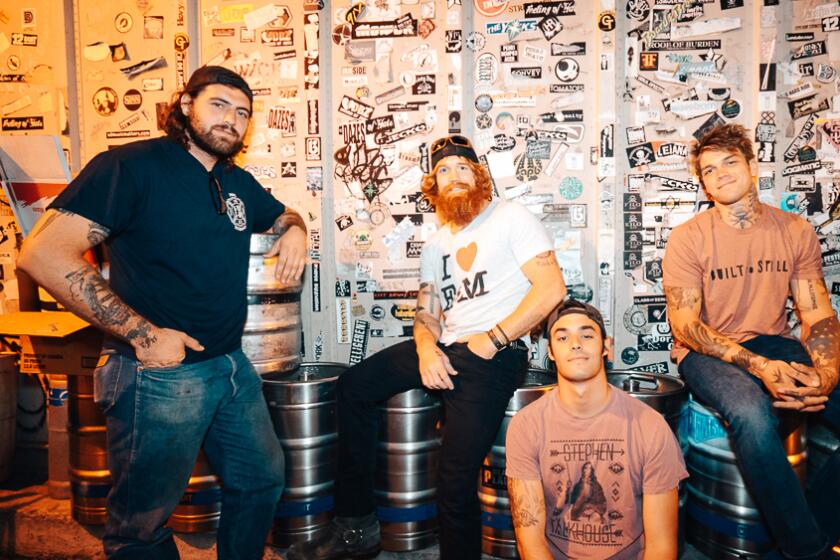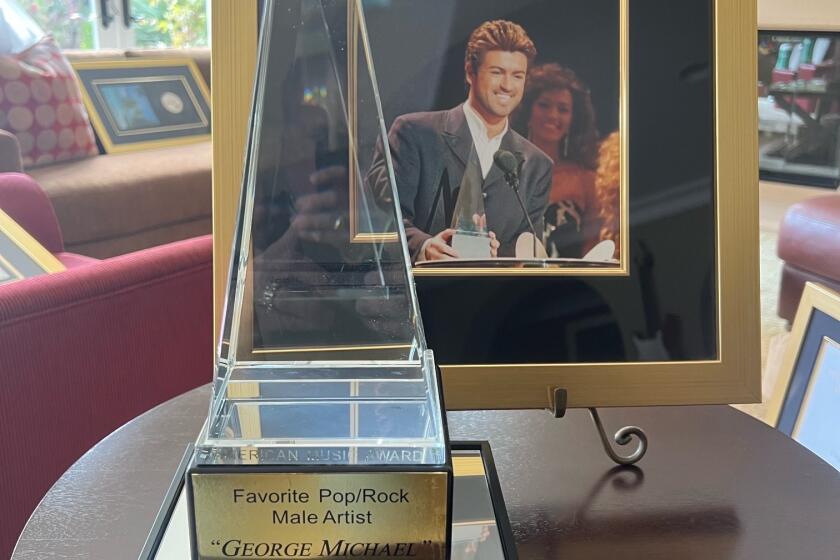San Diego arts coalition launches campaign to fund grants for artists of color
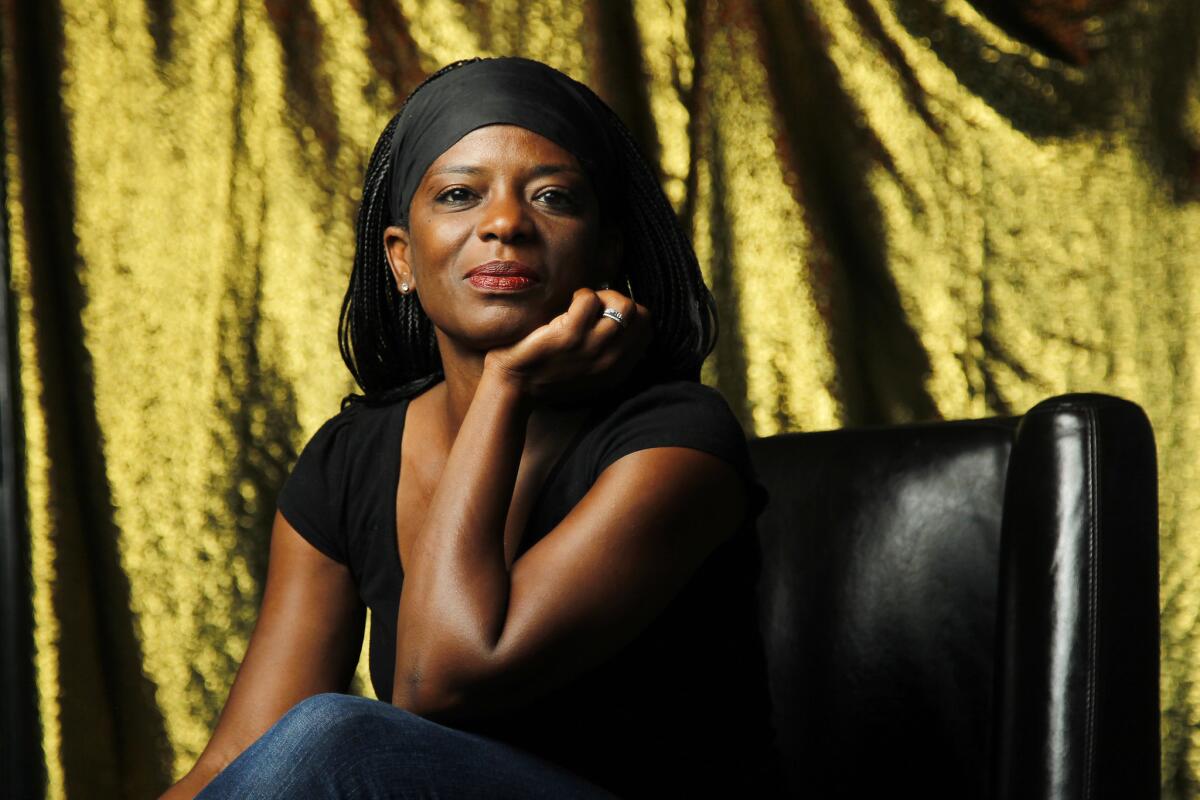
The goal of the San Diego Artist Relief Fund is to raise at least $125,000 for grants to local artists who are Black, indigenous and people of color
Recent studies have shown that communities of color have been disproportionately impacted by the pandemic. And of all the job sectors hurt by COVID-19, none has been more devastated than the arts, which may not return to full production until mid-2021.
So to help BIPOC (Black, indigenous and people of color) artists in San Diego County, a new GoFundMe campaign is launching today to raise at least $125,000, which will be distributed as $1,000 grants to 125 or more local artists. The San Diego Artist Relief Fund is the second phase of the San Diego Arts + Culture Challenge, which was launched in the spring by the San Diego Regional Arts & Culture Coalition to aid local artists during the pandemic. The first phase of the initiative was the distribution of $250,000 in grants to a combined 32 local arts and culture groups.
Coalition co-chair Matt Carney said in a statement that the new grant fund recognizes “the depth of talent in the creative sector that reflects the diversity seen in our region; not by presenting a project-based program but one that gets much needed funds in the hands of San Diego creatives easily and quickly.”
The San Diego Regional Arts & Culture Coalition seeded the Artist Relief Fund account last week with $60,000. Since then, another $15,000 in private donations has rolled in. In interviews on Tuesday, two BIPOC artists in San Diego said the money can’t come soon enough for an industry that’s been crushed by the pandemic. Most artists work multiple jobs to support their art, but many of those side gigs — after-school enrichment programs, event planning and waiting tables — have also dried up in the pandemic’s wake.
Delicia Turner Sonnenberg, an award-winning San Diego stage director and the founding artistic director of Moxie Theatre in San Diego, said she’s happy that this round of the funding campaign will go directly to the artists, since most of them live paycheck to paycheck.
“I think it’s a beautiful thing to recognize that the individual artists are people. People need money to pay their light bill. It’s not sexy like a Shakespeare monologue, but doing that play helps that actor pay their bills,” she said. “Some people are now living without electricity. Some of them are now eating once a day rather than three meals a day. That’s just true, and it’s heartbreaking.”
Turner Sonnenberg said she had about $20,000 in directing jobs lined up around the country this year and early next year, but all of them were canceled when the pandemic struck. On top of that, her husband Jerry Sonnenberg, a designer who works in L.A. in the movie and television industry, lost about $70,000 in work this year. This came at a time when the couple has tuition bills to pay for two children. Their son, August, is starting his senior year of college in Minnesota this fall and their daughter, Zoë, is now starting her freshman year at UC Santa Cruz.
Turner Sonnenberg said she’s been able to scrape together a few jobs directing staged readings online, but the $100 to $300 paychecks are just a fraction of what she made directing stage shows before the pandemic.
“It’s not much, but it lets you eat,” she said. “We’ve been using our credit cards and talking seriously about dipping into our retirement savings.”
Dinah Poellnitz, co-founder, curator and director of the Hill Street Country Club gallery in Oceanside, said most of the artists she works with are struggling right now.
“Eighty percent of them are working class, they are from the community and they are Black and Brown and people of color. They work two to three part-time jobs, and they don’t have jobs right now,” said Poellnitz, who co-founded the nonprofit Hill Street Country Club eight years ago with business partner Margaret Hernandez.
Not only has the pandemic sapped Hill Street artists’ income, but Poellnitz said the growing racism and micro-aggressions that people of color face on a daily basis has triggered a wave of mental health issues among her exhibiting artists.
“We’re constantly trying to afford to be artists, and without our other jobs and sources of income, the uncertainty is really messing us up right now,” she said.
Hill Street is also facing its own challenges. A long-planned mobile arts workshop program at Oceanside senior and community centers was canceled due to COVID-19. The loss of that income, she said, left her scared for the future of the arts nonprofit, which was started after she and Hernandez, former docents at the Oceanside Museum of Art, realized how many low-income Oceanside families couldn’t afford basic art supplies at home.
“I’m really excited about the San Diego Artist Relief Fund,” Poellnitz said. “It’s time for us to build empathy and give people a break. This is a start. We need more equity. Our White allies and White institutions and artists, they know they’re part of the equity plan, too. We need each other.”
Applications guidelines for the grants are now available on the GoFundMe page. The deadline for artists to apply is Sept. 15. To donate or apply, visit GoFundMe.com/SDArtistRelief.
Get U-T Arts & Culture on Thursdays
A San Diego insider’s look at what talented artists are bringing to the stage, screen, galleries and more.
You may occasionally receive promotional content from the San Diego Union-Tribune.

